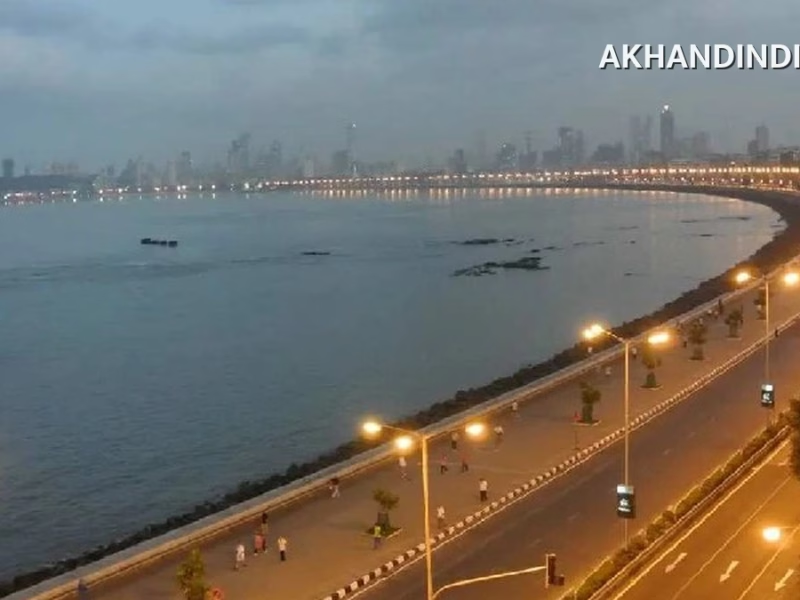- सऊदी में सदियों से चला आ रहा एक कानून खारिज हो गया है।
- सऊदी अरब की सरकार ने यह जानकारी गुरुवार को दी है।
- यह कानून महिलाओं से संबंधित हैं।
- अरब सरकार के अनुसार अब यहां की महिलाएं किसी पुरुष संरक्षक की अनुमति के बिना भी विदेश यात्रा कर सकेंगी।
- महिलाओं पर इस प्रतिबंध के कारण अंतरराष्ट्रीय स्तर पर सऊदी अरब आलोचनाओं का शिकार हो रहा था और इसी के कारण कई महिलाओं ने देश से भागने की कोशिश की थी।
- इस ऐतिहासिक सुधार के बाद वह पुरानी संरक्षण प्रणाली समाप्त हो जाएगी जिसके तहत कानून महिलाओं को स्थायी रूप से नाबालिग समझता था और उनके संरक्षकों यानी पति, पिता और अन्य पुरुष संबंधियों को उन पर मनमाना अधिकार प्रदान करता था।
- महिला अधिकार कार्यकर्ताओं के कई वर्षों की मुहिम के बाद यह फैसला किया गया है।
- यह फैसला ऐसे समय में आया है जब कई महिलाओं ने अपने संरक्षकों से भागने की कोशिश की। सऊदी अरब में पिछले साल भी एक ऐतिहासिक फैसला दिया गया था जिसके बाद यहां महिलाओं के वाहन चलाने पर लगा प्रतिबंध हटा दिया गया था।

- आधिकारिक गजट उम्म अल कुरा में प्रकाशित एक सरकारी फैसले में कहा गया है, “उस हर सऊदी नागरिक को पासपोर्ट दिया जाएगा जो आवदेन करता है।”
- सरकार समर्थक ‘ओकाज समाचार पत्र और अन्य स्थानीय मीडिया ने वरिष्ठ प्राधिकारियों के हवाले से बताया कि 21 वर्ष से अधिक आयु की महिलाओं को पासपोर्ट हासिल करने और उनके संरक्षकों की अनुमति के बिना देश से बाहर जाने की अनुमति देगा।
- इससे पहले सऊदी अरब में महिलाओं को विवाह करने, पासपोर्ट की वैधता बढ़ाने या देश से बाहर जाने के लिए पुरुष संरक्षकों की अनुमति की आवश्यकता होती थी।
Saudi Arabia has allowed adult women to travel without permission and granted them more control over family matters, further eroding a heavily criticised male guardianship system at a time of heightened scrutiny over its human rights record.
A series of royal decrees published by the official gazette on Friday stipulated that a Saudi passport should be issued to any citizen who applies for it and that any person above the age of 21 does not need permission to travel.
The amendments to regulations also grant women, for the first time, the right to register child birth, marriage or divorce and to be issued official family documents and be eligible as a guardian to children who are minors.
Riyadh has long endured international censure over the status of women, who rights groups say are often treated as second-class citizens under rules requiring them to get the consent of a male guardian for important decisions throughout their entire lives, regardless of age.
Muna Abu Sulayman, a prominent Saudi influencer and a former talk show host, took to Twitter along with thousands of Saudi women to celebrate what many described as a new era.
“A generation growing up completely free and equal to their brothers,” she said, referring to the freedom to travel.
The kingdom’s de facto ruler Crown Prince Mohammed bin Salman has eased social restrictions, such as lifting a driving ban for women last year, as part of a push to open up the conservative Muslim kingdom and transform the economy.
Last year’s murder of journalist Jamal Khashoggi at the hands of Saudi agents caused a global outcry, however, and the Gulf Arab state has been widely criticised for the arrest and alleged torture of nearly a dozen women activists.
Several high-profile cases of young women seeking asylum abroad on claims of gender-based repression have added further pressure on Riyadh over the male guardian system.
Guardianship’s status between law and custom makes it a thorny issue for Prince Mohammed, who indicated last year he favoured ending the system but stopped short of endorsing its annulment.
Other parts of the system remain intact. Women still need permission from a male relative to marry or live on their own.
A hashtag calling for marriage without a guardian’s consent was among the top trending along with a hashtag thanking the crown prince and another touting the new travel rules.









